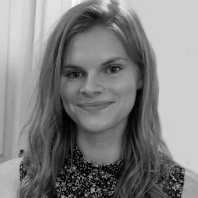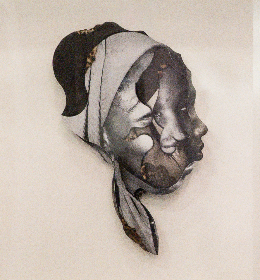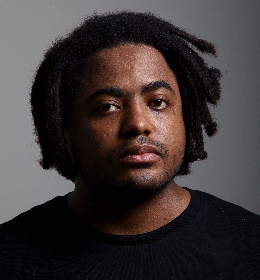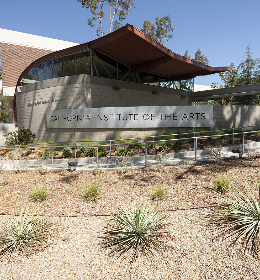Stories and the feed remain unaffected (for now). This means the posts will not be removed or banned from the site, but will be hidden or buried beneath other content. Although the wording in the policy only specifies sexually suggestive content, this potential early-stage censorship will also apply to posts containing violence, misinformation and graphic images, according to a spokesman.
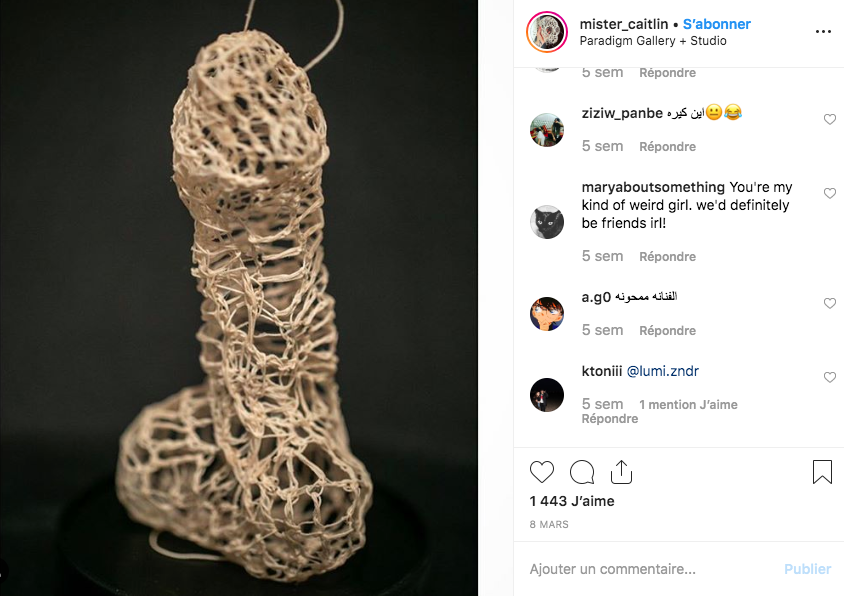
The update has certainly ruffled a few feathers, as not only consensual sex workers, meme creators, and disability or body-positive Instagrammers fear having their reach reduced, but artists too.
Instagram’s current policy permits nudity in artwork, but only for painting and sculptures; nude photography is censored. With the update, however, artists fear more extensive policing that stretches beyond nudity. Artist Caroline Harrison, for example, posts her drawings on the platform - exploring visible signs of illness, our relationship with our bodies and the effects of trauma – but has concerns about the potential loss of commercial opportunities that come hand-in-hand with demoted posts, as her work will be harder to find. What’s more, galleries often ask for an artist’s social media handle to consider their follower-count, meaning the update could undermine future work, too.
To combat the algorithm, some artists dependent on social media for promotion and distribution may be forced into self-censorship, deliberately limiting their subject matter and thus to some degree their creativity. Artist Caitlin McCormack, who creates crocheted animal skeletons, commented on this effect, stating in an email: “Hearing about these developments makes me feel as though I need to consider the work I am going to make so that it will fit into the parameters that Instagram will allow. […] I’m afraid that we’re all going to wind up making work that doesn’t feel sincere, as an attempt to get the attention that we need to gain visibility, instead of having the freedom to make work as we please.”
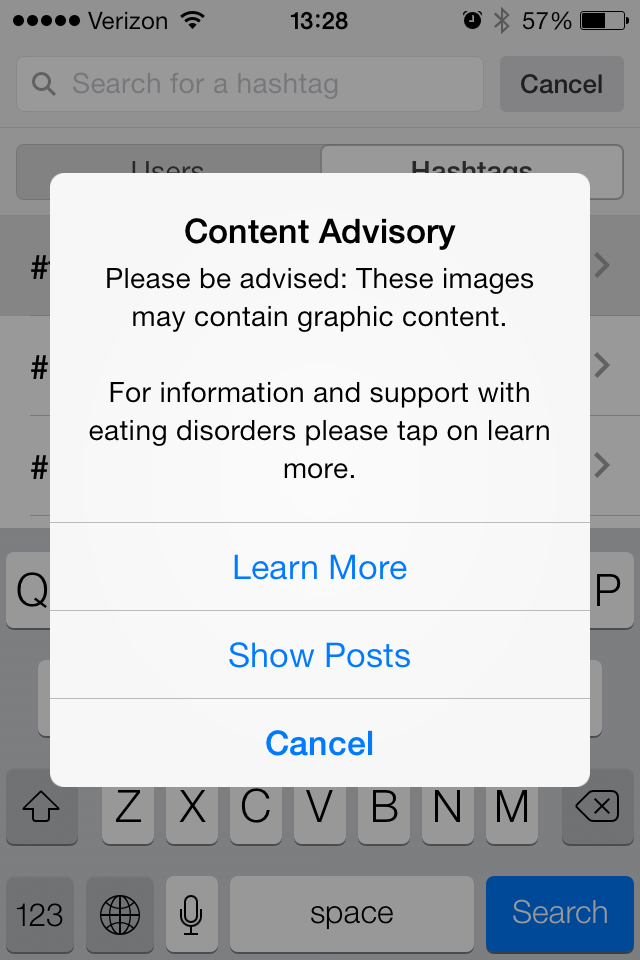
The true extent of the algorithm’s effect remains unclear, as the platform has failed to provide an exact definition of what is considered “inappropriate”. A spokesman told Quartz: “We want to be transparent with the community about the types of content we look at, but we’re also aware that publishing this information in full will allow bad actors to get around our efforts”.



